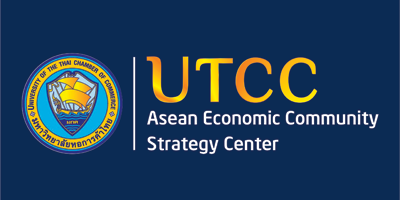Malaysia: ‘Trade war will be too costly for US economy’
KUALA LUMPUR: The policy rhetoric of US President Donald Trump will unlikely culminate into a trade war between the world’s largest economy and China.
According to panelists at the Invest Asean 2017 conference here yesterday, while the United States is increasingly looking inwards under Trump’s administration, a trade war with China or any major economies would be too costly for the US economy to pursue.
Economist Dr Linda Yueh, for one, noted that although there were concerns that Trump had indicated his readiness and willingness to adopt confrontational punitive protectionist trade policies, his administration seemed still keen on pursuing bilateral trade deals with various economies.
“It is probably too soon to say whether there could be a potential trade war with an economy as important as China, or whether Trump will increase protectionism because he is after all still pushing for bilateral trade deals. This indicates Trump’s administration is not against trade but they want to re-shape bilateral trade deals,” Yueh, who is a fellow in Economics at St Edmund Hall University of Oxford, United Kingdom, said.
“It makes sense for the United States to pursue bilateral trade deals because being the biggest economy in the world gives it the best bargaining position,” she explained during a conversation entitled Asean-China Reset at the conference organised by Maybank Kim Eng and Maybank Investment Bank Bhd.
Similarly, Maybank Kim Eng senior economist Dr Chua Hak Bin said during the same session that a trade war would be too costly for the US economy.
“The potential response from China could be detrimental to many US corporations,” he said, noting that China is a huge market for many US products from agriculture such as soybean to tech such as iPhones.
Meanwhile, Chua said while some of the policies introduced by Trump administration had not been popular, they could actually benefit Asean.
The controversial immigration policy aimed at putting a temporary pause on travels by citizens from seven Muslim-majority countries, for instance, could divert more tourists from the Middle East to Asean, he said.
During the session, Yueh said while the global political environment had become slightly more volatile, with the United States increasingly looking inward, there were huge opportunities economically for Asean looking ahead.
“There are huge opportunities for the creation of Asean Economic Community as a single market that could rival the European Union (EU)… trade talks with China, India and the EU will be formidable in the future for the region in terms of deepening trade and investment links,” Yueh, who is also an adjunct professor of Economics at the London Business School and visiting professor of Economics at Peking University in China, said.
According to Chua, the United States under the Trump administration had created a “vacuum” for China to lead economically speaking.
He noted that the Regional Comprehensive Economic Partnership (RCEP) would play a bigger role in promoting regional trade now that the Trans-Pacific Partnership (TPP) deal had been aborted with the withdrawal of the United States.
The RCEP agreement involved the 10 Asean countries, including Malaysia, and their six trade partners, namely, China, India, Japan, South Korea, Australia and New Zealand.
Source: http://www.thestar.com.my/business/business-news/2017/02/09/trade-war-will-be-too-costly-for-us-economy/#124ErrzqMOJtBoTx.99


 Thailand
Thailand




